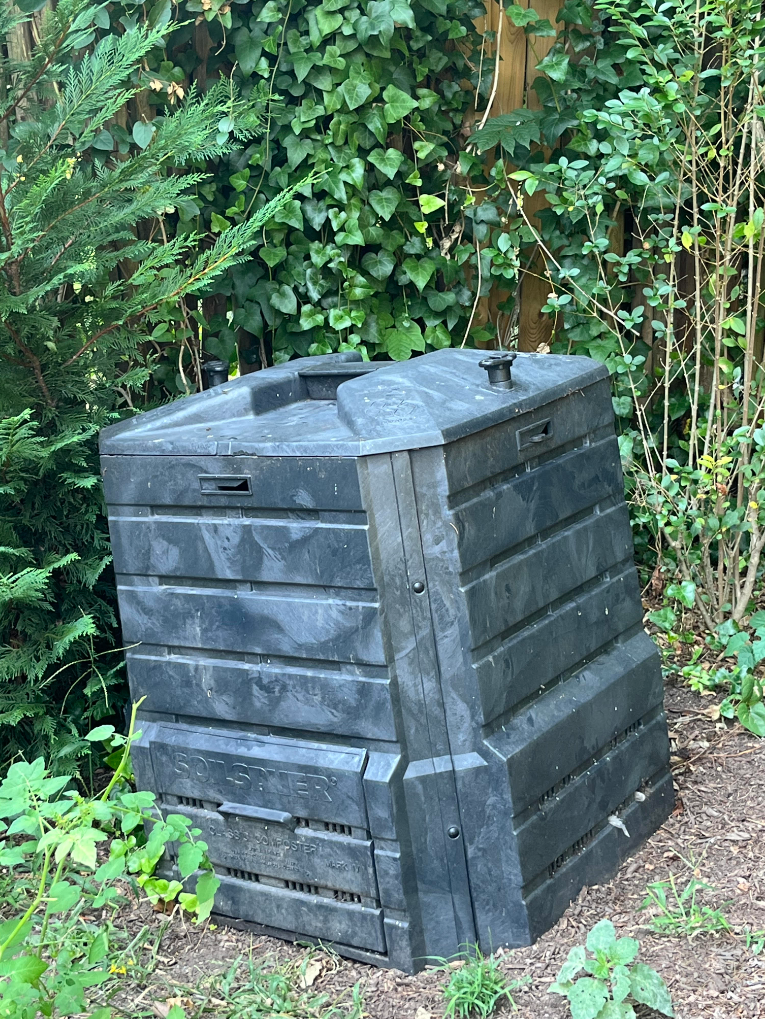The Truth About Meat Eaters
April 13, 2022
The first question I hear when I tell people I am a vegetarian is, “Why?” Personally, my story is not very exciting. I remember being in the car with my mom when I was 12. We had to stop at a red light, and the truck that came to a screeching halt directly next to us had at least 50 small pigs crammed into stackable rows. The pigs’ squeal loudly for freedom–grasping the attention of the drivers surrounding the truck–while the truck driver remained unphased by the chaos behind him. The pigs’ faces were filled with emotion; they knew what was coming their way. And all I wanted to do was open the back of the truck and let the pigs run free from that prison.
Being a vegetarian does not necessarily sound very appealing to most people today. Many people rely on meat to sustain themselves. The demand for meat grows continuously. David Klurfeld, an author of Animal Frontiers, describes red meat as,“a nutrient dense food that is an important source of complete protein with all essential amino acids, highly bioavailable iron, zinc, selenium, and B vitamins, especially vitamin B12 in the diet.” Is meat a good source of protein? Absolutely. Is it the best source? Not necessarily.
Going vegetarian has proven to have countless benefits: available protein, a safer environment, and a healthier life. Harvard’s nutrition source advises, “Eating legumes (beans and peas), nuts, seeds, whole grains, and other plant-based sources of protein is a win for your health and the health of the planet.” Plant based proteins have all of the necessities for a well balanced diet while providing many other benefits to the human body. Havard also says, “Plant-based protein sources are more unsaturated, which lowers LDL cholesterol—an established risk factor for heart disease.” A plant based diet also reduces the risk for developing cancer. Therefore, plant based proteins can help lead to a longer, healthier life.
Putting aside the personal benefits, avoiding meat improves animal well-being. Right now, these animals’ short lives are not ones they can enjoy. They live in unbearable conditions. Overfed animals. Overcrowded farms. If humans could not live in these conditions neither can animals. 29 million cows die every year for human consumption and some of that meat is even going to waste. Animals have feelings just like humans, and they are brutally murdered without any remorse. And meat producers will do everything and anything to cover this up.
These animals are calling for help from everyone around the world. I recognize that dramatically transforming your diet from eating meat to no meat is extremely difficult. However, just the simplest things can help. I suggest taking small steps to avoid meat: meatless Mondays, veggiedays, no-meat Fridays. People must hold themselves accountable for these poor animals. The less meat that people obtain the better the conditions get for the animals. If we go meatless, imagine how much more enjoyable we can make the lives of animals.
















